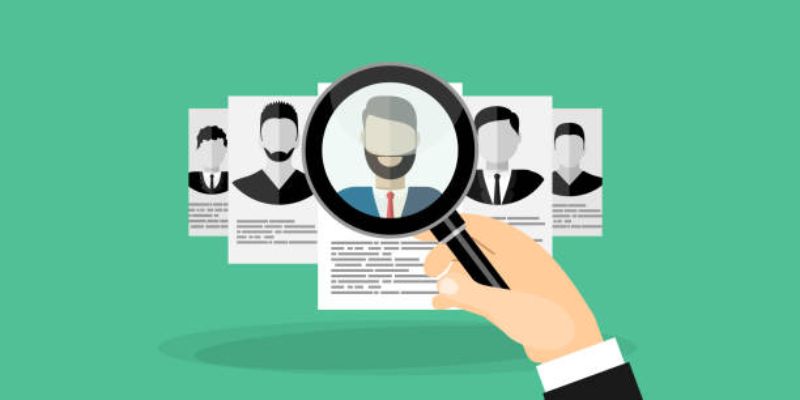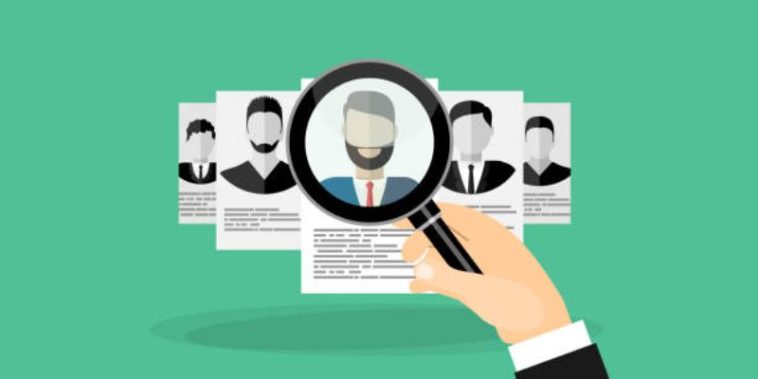The organization’s business relies on hiring the right person to work with staff and customers at the company. The company’s trust in hired personnel demands their trustworthy performance.

Businesses in every sector rely more on background checks to protect themselves by picking candidates wisely. Background screening has gone from optional to mandatory across all businesses since companies now face elevated risks from workplace fraud scandals and negligent hiring lawsuits.
In this blog, we will explain what employee criminal background checks contain and why they have gained extreme importance.
What Is an Employee Criminal Background Check?
Employers use employee criminal background checks to thoroughly examine job applicants’ criminal records before making a hiring decision. The check shows all legal convictions, including minor and significant offenses. Different organizations access criminal records databases at national, state, and international levels based on job type and company compliance standards.
Employers complete AML background checks and all other crime-relevant checks in different ways to gain complete information in their hiring process. Besides checking criminal records, organizations examine work history, education results, financial standing, and what their applicants share on social media. Looking at a complete record of candidate history allows companies to prevent hazards and defend their work environment while following hiring rules.
Bonus: Not performing employee background checks properly affects the public image and operating license of organizations in the financial, education, and healthcare industries.
Why Are These Checks So Important?
Employers need to deal with new security concerns because they hire remote workers through contracts and work with people globally. Businesses perform criminal background tests on employees to protect their operations, brand image, and personal health. Background screenings protect organizations by preventing people with criminal histories from working in positions that need special attention or high confidence.
HireRight showed that 89% of companies perform criminal background checks for candidates in their application process, double the number from two years ago. The EEOC found that organizations face 21% more negligent hiring lawsuits today compared to previous years, with each company paying internal costs of approximately 1.5 million dollars. Performing background checks becomes essential given the serious risks in this urgent setting.
Types of Background Checks in Hiring
Hiring organizations use different types of background checks
- Criminal History Checks: Companies review both local, national, and foreign criminal record databases.
- Identity Verification: The verification process shows that the individual matches their presented personal details.
- Employment Background Checks: This verifies the employment background checks, including all past positions, work periods, and reasons for leaving.
- Credit Checks: For roles linked to finances, this background check shows that the person effectively handles money.
- Reference Checks: The system uses professional and personal remarks from previous bosses and colleagues.
Benefits of Employee Criminal Background Checks
The practice of employee criminal background checks during hiring brings these advantages:
Workplace Safety
The process helps prevent employees who could harm workplace operations or people connected to them from entering the company.
Regulatory Compliance
The law requires financial services, healthcare, and education companies to screen their job applicants. Not doing criminal background checks correctly can get your organization financial penalties or cause you to lose its working authorization.
Reduced Risk of Negligent Hiring
Negligent hiring lawsuits deliver significant damage to organizations. Employers protect themselves from legal issues through background checks to show they take proper care.
Improved Hiring Quality
Background checks help you employ candidates with proper skills and good moral character.
Are There Any Legal Limitations?
Background-checking procedures exist in different regions. US employers need to follow the Fair Credit Reporting Act (FCRA) by disclosing background check procedures to candidates and getting their written approval first. The law in certain areas prohibits companies from seeking criminal data until the company extends its first job offer to applicants.
Employers need to both protect their rights and avoid unfair treatment towards applicants because of past criminal records. For instance, employers need to examine criminal background information at the time of an offense rather than simply rejecting all applicants with criminal records.
Common Mistakes to Avoid
These problems cause most organizations issues when running their employee criminal background checks:
- Skipping Consent: Background checks must follow laws set in FCRA by getting written approval from the employee.
- One-Size Fits-All Screening: Adapt screening methods based on the functions of each position.
- Ignoring Local Laws: Check employment laws for each region because they can restrict what information can be used and who can be excluded from hiring.
How to Implement an Effective Background Check Policy
Begin the background check policy development by stating clearly which positions need which types of evaluation. Staff members who handle money or deal with customers require thorough evaluation through background checks. Also, explain all actions to job seekers. Work with an independent screening provider that follows legal requirements for local and global screening markets.



